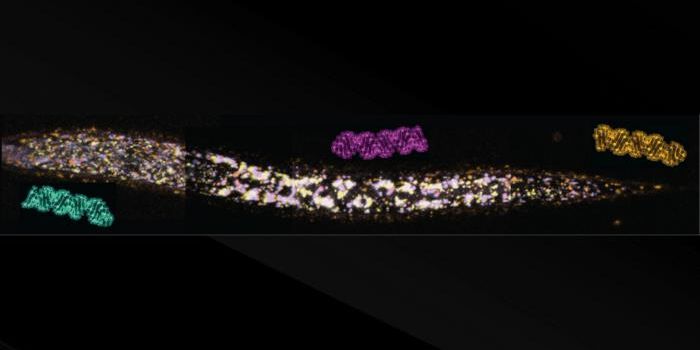The Genetic Cause of Severe Childhood Epilepsy is Revealed
An international team of researchers has established the cause of a hard-to-treat, severe form of epilepsy that strikes in childhood. They found that genetic mutations that occur spontaneously in a specific gene interfere with a channel that controls calcium flow. That leads to epileptic overactivity in the brain. This work, which was reported in the American Journal of Human Genetics, has opened up new therapeutic avenues for the rare disease as well.
"Even though variants in this gene were only just discovered to cause disease, we already have a good understanding of how changes in the gene's associated protein affect brain function - causing neural overactivity in epilepsy," said first author Katherine L. Helbig, MS, CGC, a research genetic counselor in the Neurogenetics Program in the Division of Neurology at Children's Hospital of Philadelphia (CHOP). "Furthermore, although much follow-up research remains to be done, we found that there is a possibility that specific anti-seizure medications could reduce this overactivity in some patients."
Almost one hundred scientists from several countries were involved in this study, which examined changes in a gene called CACNAIE, which has been thought to play a critical role in the control of electrical activity in neurons. This is the first time, however, that it’s been connected to epilepsy.
The researchers used next-generation sequencing to examine the genomes of 30 infants and children with childhood epilepsy. Their work revealed the variations in the CACNA1E gene sequence that were causing the disease. In the majority of cases, the mutations were not passed from parent to child, which are called de novo mutations. These are appearing in a growing number of severe childhood epilepsy cases.
"The fact that we were able to identify 30 patients at this stage of research indicates that we could be looking at a more common cause of genetic epilepsy than we would have initially assumed," noted Helbig. “This research enables us to give some families an answer as to why their child has severe epilepsy. It also offers the potential that we can build on this knowledge to find new strategies for treatment,” she added.
The disease also causes delays in development, poor muscle tone, movement disorder, and a hardening of the muscles called contractures that begins at birth. "Many of the children were initially thought to have a severe muscular condition because of their contractures," said Helbig. "We were surprised to find that a genetic epilepsy had such severe symptoms."
A channel controls the flow of calcium in brain cells. The mutations disrupt the activation of that channel, causing it to become active too easily or be slow to inactivate, which cause epilepsy. The researchers observed that sometimes, the calcium current in the cells was off the charts.
Unfortunately, most of the patients under study were unresponsive to epilepsy treatments, although a few responded to topiramate, a drug that targets the CACNA1E channel. The team plans to follow up on those cases as well as other parts of this investigation. They are hoping to develop targeted treatments for kids with severe genetic epilepsy.








